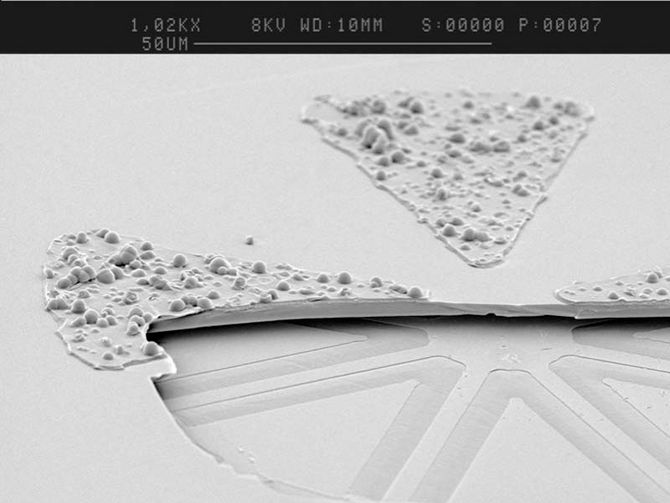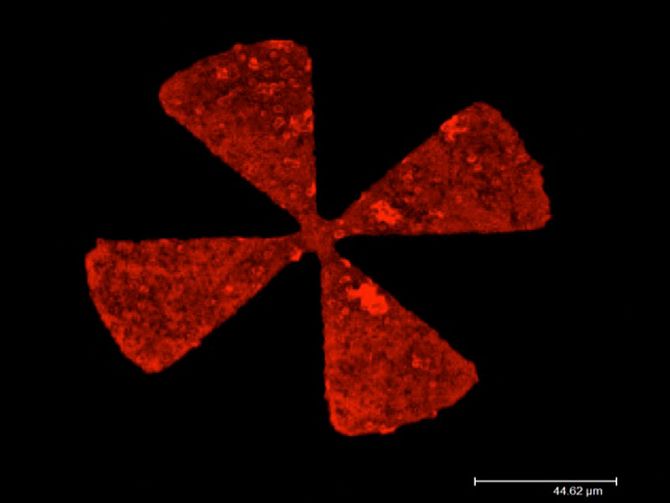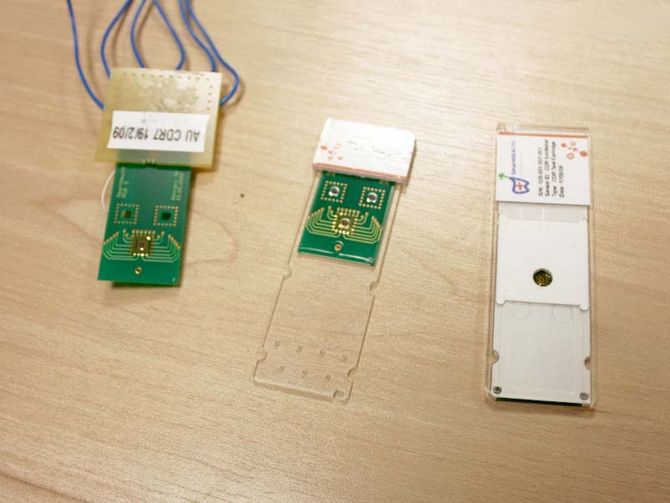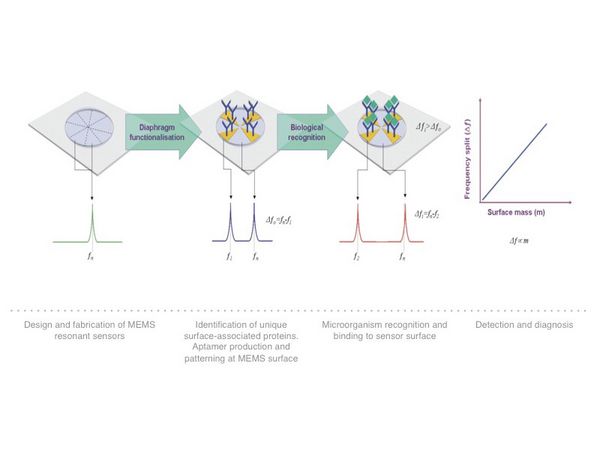Pathogen Hunter / Research
AptaMEMS ID - Detecting infectious organisms is a concerted approach using genomics, molecular engineering and nano-enabled bio-MEMS technologies. The research is held at Newcastle University - Diagnostic and Therapeutic Technologies Department.
It uses nano-enabled biological sensor technology for the development of a point-of-care system for the rapid detection of infectious organisms. The proposal is based around the clinical and societal need for rapid detection of specific nosocomal infections for screening, diagnostic and epidemiological use. The devices are to be used in the front line monitoring of infection diagnosis, progress and epidemiology.
How it works
The technology being developed in AptaMEMS-ID combines the Identification of bacterial cell surface associated proteins using bioinformatics tools.
Who will benefit from this development?
Patients, infection control professionals, NHS, and the community. "General population will feel an increased level of confidence, particularly if they face a stay in hospital."*
Where this technology can be applied (positive and negative aspects)?
Healthcare (hospitals, GPs, etc.)
Positive: "Rapid, user friendly interface (limited training required), bedside monitoring of existing infection (at home), cost savings through reduced nosocomial infection and pre-treatment/pre-hospital admission screening."*
Negative: "Patients should not use this equipment in isolation from the clinic (potential confusion, worry about self-misdiagnosis)."*
Addressing ethic and public concerns
"It is clear that ethical, moral and societal dimensions play an extremely important role in the acceptance of new technological devices. Technology stigmatization is a powerful component of public opposition to many proposed new technologies."*
* AptaMEMS ID EPSRC proposa, Courtesy of Professor Calum McNeil






